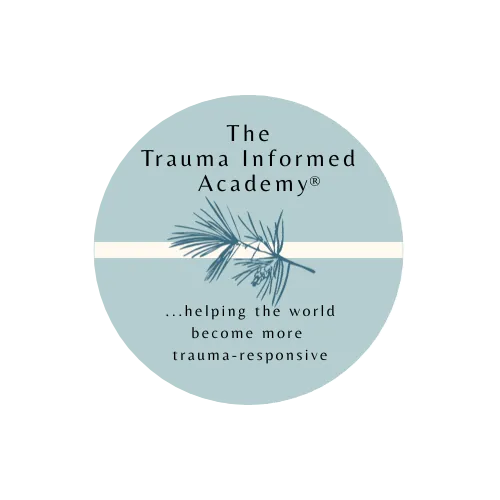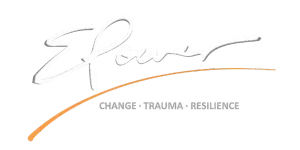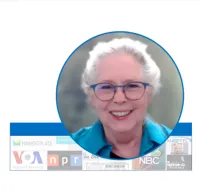

Therapy Didn’t Work for Me. Now What?
Listen, when someone says "therapy didn't work for me," I want to ask: what kind of therapy? Because most traditional therapy focuses on what's wrong with you, makes you relive painful experiences, and expects you to get "fixed" by talking about problems. If that didn't work, you're not broken. You need a different approach. Maybe not even therapy.
What works better is a learning-based approach. Instead of focusing on your diagnosis or damage, you build skills. Think of it like becoming an athlete of the mind—developing emotional intelligence, learning to turn feelings up and down, recognizing your strengths, and taking your life back from whatever's been controlling it. They’re compensatory, strength-based skills.
The difference is huge. Traditional therapy makes you the patient who needs healing. Learning makes you the student developing new capacities. You're not excavating every painful memory—you're building present-moment skills to handle whatever life throws at you. You're giving your brain more choices about how to respond.
This approach recognizes something crucial: if you survived whatever brought you to therapy, you already have enormous strengths. The work isn't getting rid of your survival strategies—it's expanding them. Hypervigilant to stay safe? That's a strength. Now learn how to identify and reduce risks, and put a dial on the volume of that hypervigilance.
The beauty of learning? You can practice anywhere—home, work, relationships. You don't need weekly appointments to make progress. It’s much less expensive, and your results are still based on you. Use tools, practice positive memories, build connections, strengthen emotional regulation. It's skills-based, not insight-based. It sets you up for better relationships, less conflict, and a freer future.
If therapy didn't work, stop thinking you need fixing. Start thinking you're developing new capacities. Build what you want more of instead of analyzing what went wrong. That shift in perspective? That's where real change begins. It impacts the physical, emotional, mental, psychological and spiritual. All at the same time.



Email our Admin:
©Copyright 2025 EPower & Associates, Inc. All Rights Reserved.
Privacy Policy | Terms of Use
Featured On...


